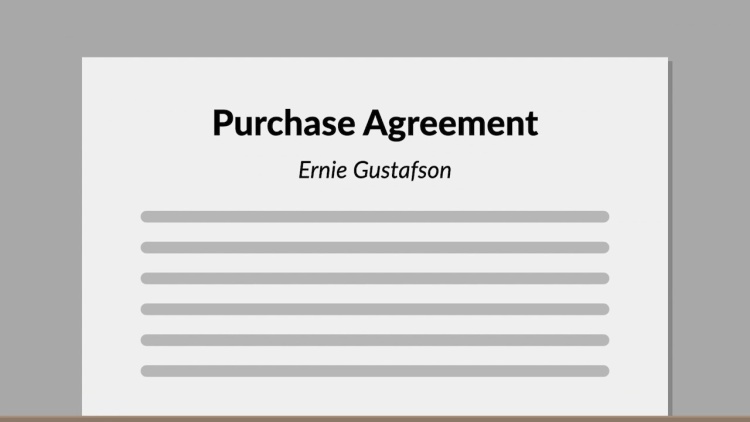Sparks v. Gustafson
Alaska Supreme Court
750 P.2d 338 (1988)
- Written by Angela Patrick, JD
Facts
Ernie Gustafson (plaintiff) and Robert Sparks Sr. (Sparks Sr.) were business associates and close friends. Sparks Sr. purchased a half-interest in a building. Gustafson managed the building for Sparks Sr. for free for about a year before Sparks Sr. died. After Sparks Sr.’s death, Gustafson continued managing the building for Sparks Sr.’s estate (defendant). The estate’s executor, Sparks Sr.’s son Robert Sparks Jr. (Sparks Jr.) (defendant), knew that Gustafson was managing the building and approved of the arrangement. Gustafson spent approximately five hours a day managing the building, including making improvements to it. The building operated at a loss, and Gustafson paid the building’s debts with his own funds. Gustafson also sent Sparks Jr. monthly financial reports. While Gustafson was managing the building, he never asked the estate or Sparks Jr. for compensation for his services. A year after Sparks Sr.’s death, Sparks Jr. signed a document agreeing that the estate would sell the building to Gustafson once details were worked out. However, the details were never finalized, and the estate later sold its interest in the building to a third party. At that point, two years after Sparks Sr.’s death, Gustafson stopped managing the building. Gustafson sued both the estate and Sparks Jr. personally for allegedly breaching the sale agreement. Under an unjust-enrichment theory, Gustafson also sought compensation for his two years of services and payments to keep the building operating for the estate. The trial court ruled against Gustafson on the breach-of-contract claim. The trial court also found that while Sparks Sr. was alive, Gustafson provided his services and payments to Sparks Sr. as a gift. However, the trial court found that Gustafson did not provide these benefits to the estate as a gift and ordered the estate to pay Gustafson $65,706.07 as compensation. The estate appealed.
Rule of Law
Issue
Holding and Reasoning (Matthews, J.)
What to do next…
Here's why 904,000 law students have relied on our case briefs:
- Written by law professors and practitioners, not other law students. 47,100 briefs, keyed to 995 casebooks. Top-notch customer support.
- The right amount of information, includes the facts, issues, rule of law, holding and reasoning, and any concurrences and dissents.
- Access in your classes, works on your mobile and tablet. Massive library of related video lessons and high quality multiple-choice questions.
- Easy to use, uniform format for every case brief. Written in plain English, not in legalese. Our briefs summarize and simplify; they don’t just repeat the court’s language.





